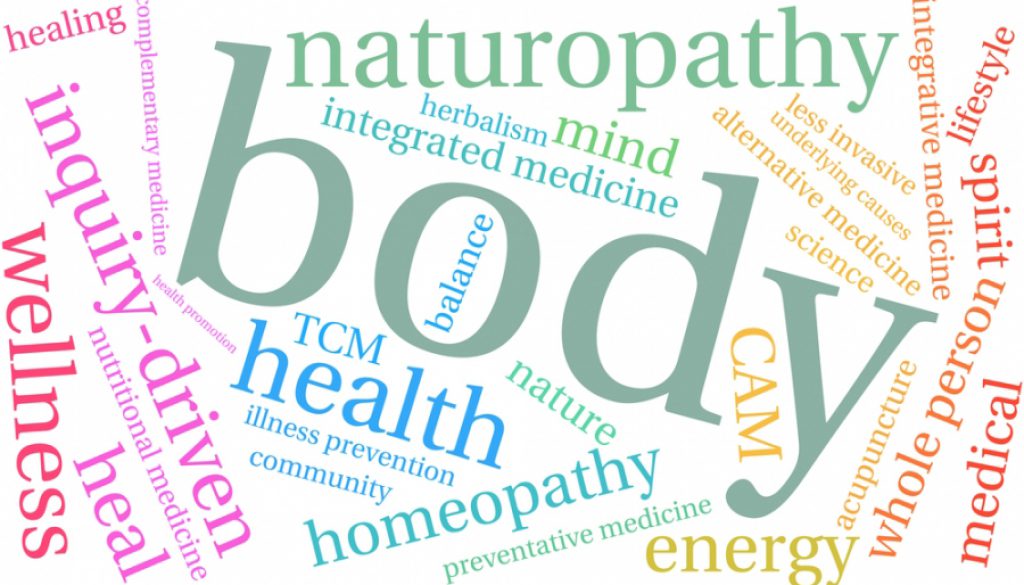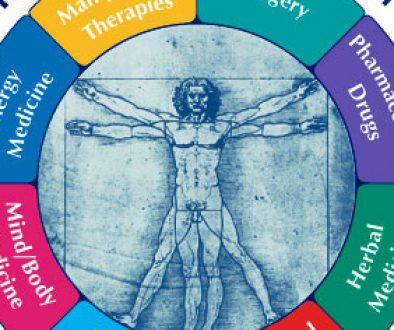FAQs on Integrative Medicine
What are the main benefits of integrative holistic medicine?
The main benefits of holistic medicine are:
- The central role of the patient’s lifestyle, beliefs, observations and habits is honored. Holistic medicine recognizes the person who has the illness as more important than the type of illness that person is manifesting.
- Treatment methods which are least likely to do harm are used first in holistic medicine. These are often also more cost-effective than conventional drugs or surgery.
- Holistic medicine endeavors to achieve societal change through respect for the individual and for the contribution of diversity to an integrative model of healing. Healing must take place on all levels – individual, social, cultural and planetary – for the survival, as well as the happiness, of life on earth.
Who is integrative holistic physician?
An integrative holistic physician:
- Views the patient as being ultimately responsible for his/her well-being
- Takes a “whole-person” approach to treatment
- Believes in and practices “The Ten Principles of Integrative Holistic Medicine”
- Fosters and maintains a partnership with the patient, using therapies which both feel comfortable with and are effective.
- Evaluates and recommends treatment options that address the cause of an illness, as well as the symptoms.
- The holistic physician may choose or recommend from a variety of both conventional and “alternative and/or complementary” treatments and therapies. Together, the physician and patient work to develop an optimal course of treatment. This partnership is a powerful approach to healing and is the cornerstone of the holistic philosophy.
What is an integrative holistic approach?
Most holistic physicians and practitioners begin with a thorough evaluation of patient’s diet, exercise habits, health history, occupation, family and life history and current circumstances. Since each person is unique, the development of a treatment program is also individualized by the physician or practitioner.
What is patient’s role in an integrative holistic treatment approach?
Accepting responsibility for your lifestyle choices is important in working with a holistic physician/practitioner. Illness can be seen as a messenger – an indication that one or more aspects of your life may be out of harmony. The holistic professional can serve as a guide to assist you in this process of self-evaluation.
How much will my holistic treatment cost?
Research has proven that the investment made in prevention, not only protects health, but is much less costly than the costs of chronic disease.



